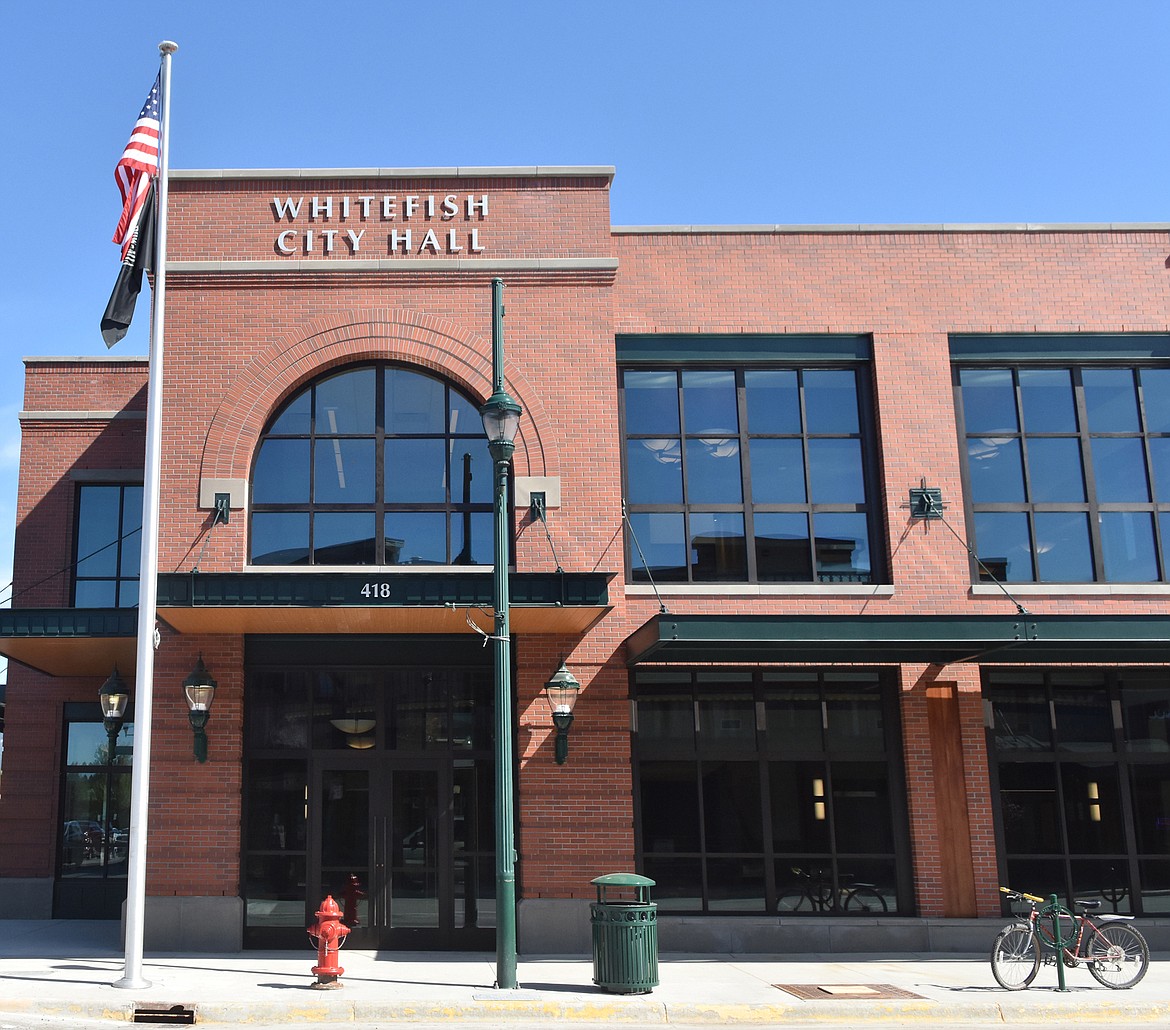City budget results in reduction for tax payers
Whitefish City Council last week approved a $65.5 million budget that results in a reduction for city tax payers.
A homeowner with a home valued at $370,000 should expect to see about $50 in savings on their city tax bill this year.
“We hope this reduction will help relieve some of the burden for our tax payers,” City Manager Dana Smith said.
The proposed budget for fiscal year 2021, which began July 1 and runs through June 30, 2021, had planned to keep property tax levies and assessments the same as the prior year with no increase. However, the city obtained funding from the CARES Act that was made available to local governments for expenses related to COVID-19 and after receiving the city taxable valuation, the property tax levy was decreased by 10 mills or the equivalent of $402,194 citywide.
Councilor Andy Feury noted that the city often doesn’t get credit when it is able to decrease taxes.
“I’m happy we were able to drop our mills this year,” he said.
The total budget actually increased $11.8 million, or 25%, from the previous fiscal year. This is mostly due to an increase in capital expenditures of $10.9 million and personnel costs.
The city this year is budgeting for two major capital improvement projects — construction of a new wastewater treatment plant and expansion of
the water treatment plant.
Typically, Whitefish’s growth rate in a non-reappraisal year is about 2 to 3%, but with the city’s tax increment finance district expiring last month, the city saw a significant increase in newly taxable property.
The city’s mill value increased from about $26,800 to about $40,200 per mill.
The offset of this in the city budget, is a decrease of about $7.55 million in revenue that would typically be collected in tax increment fund.
Cash reserves have been increased as a percentage of the budget from 15% in FY20 to $21% in FY21.
Smith said during an emergency like the COVID-19 pandemic, an economic downturn or a recession cash reserves are essential to maintaining city services. A possible delay in collection of property taxes and other charges for service is expected during uncertain economic times, so having cash reserves helps the city manage any cash flow issues, she noted.
“We’re very pleased about where we sit for cash reserves,” Smith said. “We sit in uncertain times and now is the time to improve on our reserves.”
Mayor John Muhlfeld commended city staff for setting a goal a few years ago to increase cash reserves and then bringing it to fruition.
“When we see a percentage increase like that in reserves that’s phenomenal — that’s exactly where we want to be,” he said.
A decrease in resort tax collections has been factored into the budget. For the previous fiscal year, which ran through June 30, total collections were down $162,768 or 3.8%.
The resort tax is an area of the city’s finances that has been adversely impacted by the COVID-19 pandemic and the future is still uncertain, Smith noted. Projections were developed early on in the budget process, she added, and then updated with year end numbers that were actually higher than projected.
Normally, the city budgets the same amount in resort tax as collected the prior fiscal year. However, for FY21 the city has budgeted for a slight decrease in collections from FY20. The budget anticipates $4.2 million in resort tax collections.
Most city employees will get a pay increase of 2%, plus a 2% step increase. The city is covering 5.4% of the 8% increase in medical insurance premiums.
The budget adds or increases some staffing.
A full-time police officer position that was budgeted for six months last year is now included for the full year.
A part-time service clerk position at City Hall was increased to full-time and the part-time office manager position at the Fire Department was increased to full-time.
The library also added a additional staff time to be allocated to the current part-time staff.
To see the full city budget, visit the city’s website at https://www.cityofwhitefish.org/


